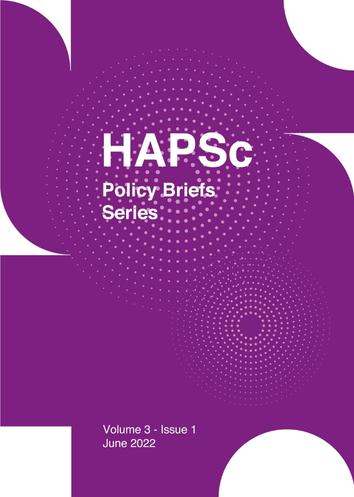Strategic Social Media Management in Conflict Zones through the Analysis of the Intelligence Cycle: Lessons Learned from the Russo-Ukrainian Conflict

Abstract
Social media have become an important aspect of everyday life, especially in the western world. Through the analysis of the Intelligence Cycle and the social media communication process, it is possible to determine how social media are integrated into the intelligence process, namely during the data collection phase, and what types of intelligence vulnerability emerge, namely SIG.INT. and O.S.INT. type vulnerabilities. The recent events of the Russo-Ukrainian conflict have shown that the uneducated use of social media, by civilians and military personnel alike, poses a serious threat to national security in times of conflict. Educating the general public on matters of operations security could be vital to safeguarding national security, a process which could be aided by social media platforms’ moderators and AI technology.
Article Details
- How to Cite
-
Kyrgos, Z. (2022). Strategic Social Media Management in Conflict Zones through the Analysis of the Intelligence Cycle: Lessons Learned from the Russo-Ukrainian Conflict. HAPSc Policy Briefs Series, 3(1), 114–120. https://doi.org/10.12681/hapscpbs.31000
- Section
- Articles

This work is licensed under a Creative Commons Attribution 4.0 International License.
Authors retain copyright and grant the journal right of first publication with the work simultaneously licensed under a Creative Commons Attribution License that allows others to share the work with an acknowledgement of the work's authorship and initial publication in this journal.

